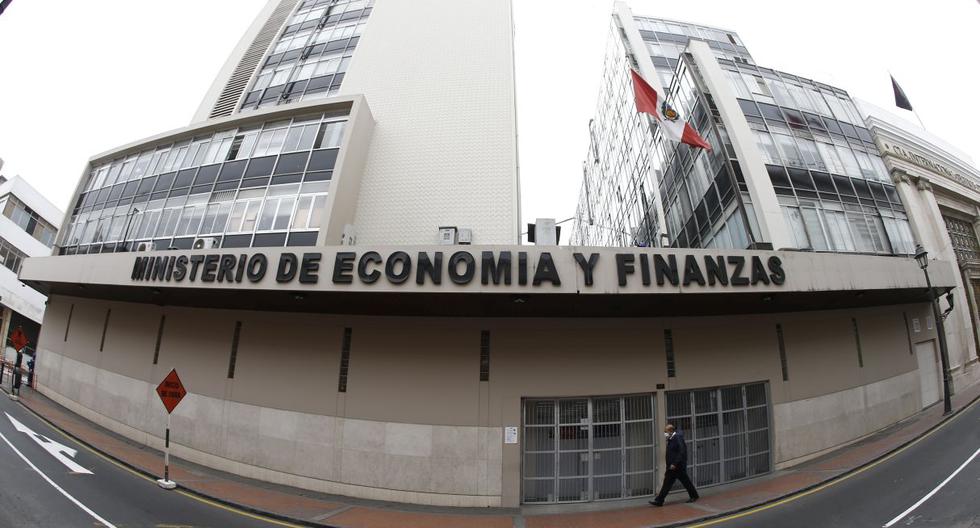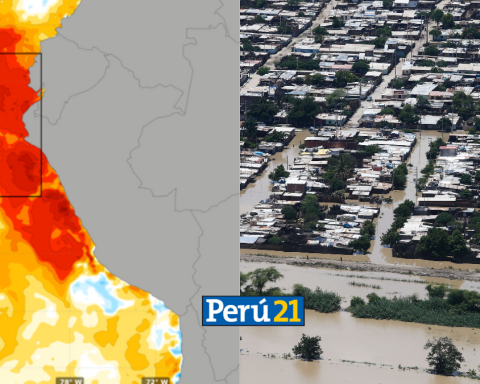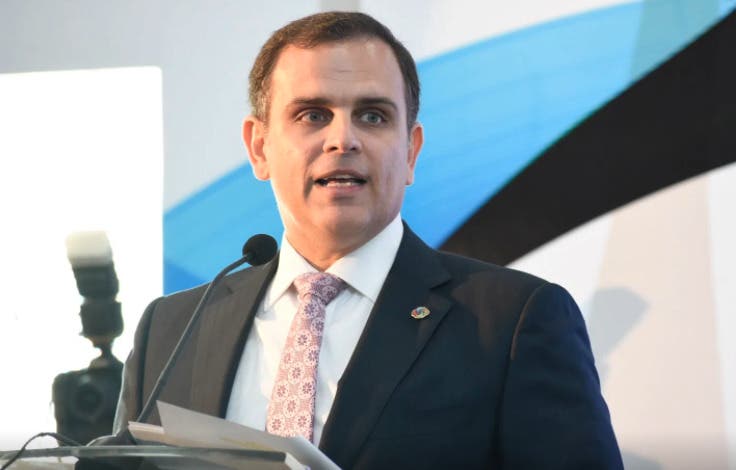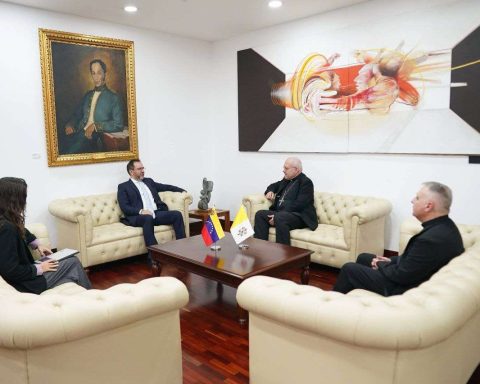The Punto Final program presented this Sunday a report where more details are revealed about the rapid approval of Emergency Decree 102. In addition, the institutional communications that the technical teams of the Ministry of Housing (MVCS), Ministry of Economy (MEF) had ) and the Ministry of Justice (Minjus), regarding the device in question.
It is worth mentioning that in the Control Commission, Mr. Geiner Alvarado, former Minister of Housing, was consulted about the origin of the DU initiative and said that he discussed it with the then head of the MEF, Pedro Francke. However, he clarifies that the idea would not have come from said portfolio, but that the technical parts of the document were addressed.
In addition to this, it is important to mention that Francke and Alvarado are not the only former ministers included in the investigation, but that former premier Mirtha Vásquez also endorsed the device at the time of its promulgation.
With regard to the approval of DU 102, not only is the speed with which it acted striking, but also the alleged omissions that would have occurred.
The information presented by Punto Final reveals that one month and five days before the Decree was enacted, Jackeline Castañeda, then an advisor to the Ministry of Housing, sent an email to the General Liaison Director of the MEF. It was the first draft of the standard.
Ten days later, on October 4, 2021, the mail is returned to the MVCS with the comments on the draft document. For the MEF the device was unfeasible.
The Ministry of Housing had tried to justify the urgency of the decree in the context of the pandemic, arguing that the works in question would allow economic reactivation.
However, the MEF considered that this was not well supported, because the worst stage of COVID-19 had been overcome and the economic reactivation had already occurred. Therefore, there was no need to finance the works through an Emergency Decree.
“The requirement of unpredictability is not met, insofar as the pandemic caused by COVID-19 is argued as an unforeseeable situation, the connection between such a situation and the need to finance investment projects is not proven. Likewise, it should be borne in mind that, to date, economic activities have been reactivated, and the health situation in Peru currently shows positive figures regarding the decrease in deaths and hospitalizations”, point out the observations of the MEF.
“The requirement of necessity is not met, as there is no urgency for the approval of the proposed measure, being able to resort to a law of Congress to approve the same measure”, concludes.
In addition, the financing of these works was not properly assured, since they had not been included in the 2022 annual budget or in the contingency fund.
On October 19, 2021, the MVCS sent the MEF the latest version of the DU, but the MEF reiterated the substantive observation, which did not meet the urgency requirement. However, the Ministry of Economy reported that it had shared its objections with the Ministry of Justice so that they indicate whether the device complied with the constitutional requirements.
According to the information released by the program, that same day Claudia del Pozo Goicochea, Chief of the Cabinet of Advisors of the Minjus, sent an email indicating that her sector had no observations, expressing her agreement with the document.
In this regard, the constitutionalist Víctor García Toma, pointed out that this was not a valid response, since there was no analysis or development of the subject, only a conclusion, but without establishing the justification of how that determination has been reached.
Thus, on Saturday, October 23, 2021, in a virtual session of the Council of Ministers, the Decree was approved, despite the initial observations given by the MEF.
















